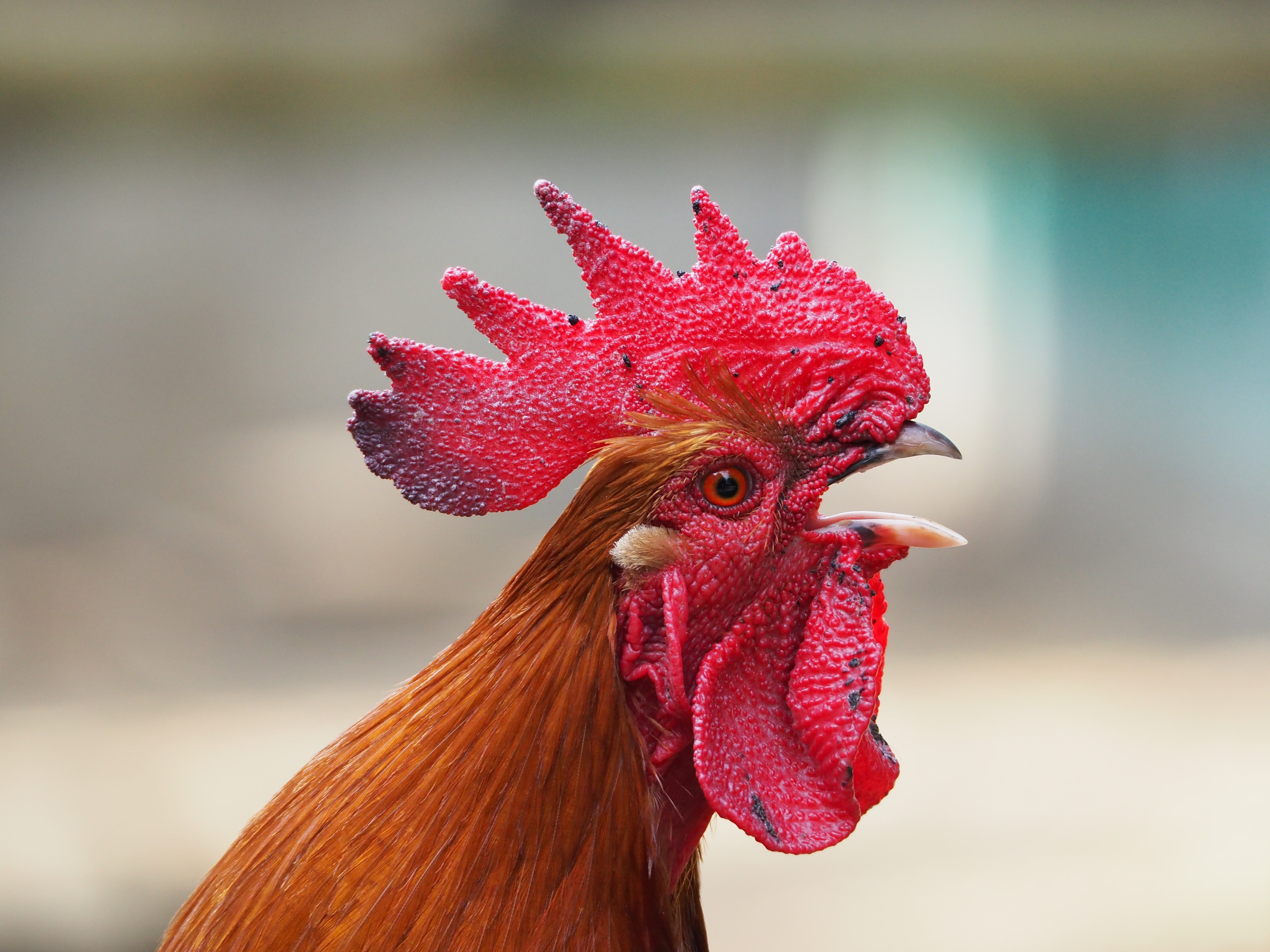
Why is ISO 22000 FSSC important?
by Ashleigh Cunningham – Friday, 7 July 2017
Over the past months, there has been great turbulence in the Global Poultry Industry, as unanticipated challenges and risks have arisen. These have arrived in the form of controversy surrounding poultry imports and exports, as well as recent outbreaks of Avian Flu.
For some countries, the situation is worse than others. In this blog post, we’ll be speaking about the South African Poultry Industry, as an example of an industry that benefits greatly from ISO 22000 FSSC.

WHAT’S BEEN HAPPENING?
Product ‘dumping’
‘Dumping’ of chicken has been an issue for many years and continues to rear its ugly head. Rumours have now done their rounds about poultry product ‘dumping’ by the US, EU and Brazil, in South Africa. Preference towards different parts of a chicken varies across the world. This means that certain pieces have the potential to go to waste. An approach to relieving this waste has come through the export of these surplus poultry products. Domestically, this means that imported chicken is supplied at a much lower cost to that made available locally. According to the South African Department of Trade and Industry, consumers show a preference for brown meat (thighs and drumsticks), whilst the rest of the world prefers the white meat of the bird (breast and wings).
Import / export saga – the risk of competition
Due to the vast difference in currency, the EU are able to sell chicken to South Africa for less than the costs of producing it in South Africa. Unfortunately, this has caused an uproar in the South African Poultry Industry, at a time where many businesses are shutting and thousands of jobs are being lost. Players in the industry have suggested that they’re under siege, making claims that the imported brown meat and bones are being ‘dumped’, in an attempt to sabotage the local business.
The South African government has placed effort into adjusting policies and investigating the downfalls of the South African Poultry Industry – the South African-US AGOA Agreement has been extended for a further 15 years.An alternative understanding of the situation
Some parties in South Africa disagree with the idea that the import of poultry is reason enough for the industry’s decline, with the total imports to South Africa accounting to a mere 14% of all chicken consumed nationally.
David Wolpert (CEO of the Association Of Meat Importers And Exporters Of South Africa) is said to have requested an inquiry into the South African chicken industry (in early 2017), by writing to the Chair of the Portfolio Committee on Trade and Industry in Parliament.
In his letter, Wolpert suggests that the public of South Africa have in fact been misled by suggestions that blame imports for the decline of the industry. He suggests that this misrepresentation has been driven by greed and puts the safety of South African food at risk. What he has instead attributed factors to, are high-cost of feed (caused by severe drought) and mismanagement of systems and planning.“For as long as the local industry wilfully deflects scrutiny from its own systemic problem‚ South Africa’s food security remains at risk. That is why I have requested that the Portfolio Committee Chair consider launching an appropriate Parliamentary inquiry into the local chicken industry.” – David Wolpert
Avian Flu – the risk of disease
“H5N8 is a rapidly spreading viral disease that can infect many types of birds. It exists naturally in many birds and can be transmitted by coming into contact with infected animals or through ingestion of infected food or water.” – timeslive.co.za
- The culling of 260 000 birds
- Limitations on the sale of live birds; and,
- Temporary bans onexporting of chicken to the southern African region including, Namibia, Botswana, Zimbabwe, Mozambique and Zambia.
- All live chicken sellers are to register with the South African Poultry Disease Management Agency (PDMA);
- Farmers may only sell live chickens certified as healthy by a veterinarian; and,
- All members of the supply chain are to be kept informed and are required to ensure their counterpart is registered with and adheres to the regulations of the PDMA.
From farm to fork – how can companies protect themselves?
Whilst most countries have strict Food Safety Legislation protecting the consumer, an organisation can protect themselves by implementing ISO 22000 FSSC, thus managing food safety risks throughout the supply chain.
What is ISO 22000 FSSC?
Final thoughts
Although the dilemma facing the South African poultry industry is mainly commercial, having assurance over the food chain becomes a concern to consumers during times of scarcity.
This is a global concern, made evident by the South African scenario.
In particular, the retail and hospitality sectors are sometimes forced to source their products from different ‘untested’ suppliers, during time of scarcity. It is then that ISO 22000 FSSC certification becomes an important differentiator amongst competitors. The assurance it offers to customers and consumers can go a long way to shift focus to organisations that prove compliance.
Useful Links
- What is ISO? – https://blog.erudio.global/what-is-iso/
- ISO 22000 family: Food safety management – https://www.iso.org/standard/35466.html
- ISO 14000 family: Environmental management – https://www.iso.org/iso-14001-environmental-management.html
- Exploring ISO 22000 – http://www.riskza.com/2017/08/16/iso22002015/
Let us know what your thoughts are or if you’ve faced any challenges in the food industry – perhaps you have or would like to implement ISO 22000? If you’re seeking to gain more info on the topic, feel free to get in touch with us.
You can do this by contacting us via email (info@erudio.global) or via one of the social media platforms.
You’re also encouraged to type a comment in the field below!
Share this post to your preferred Social Media platform:
